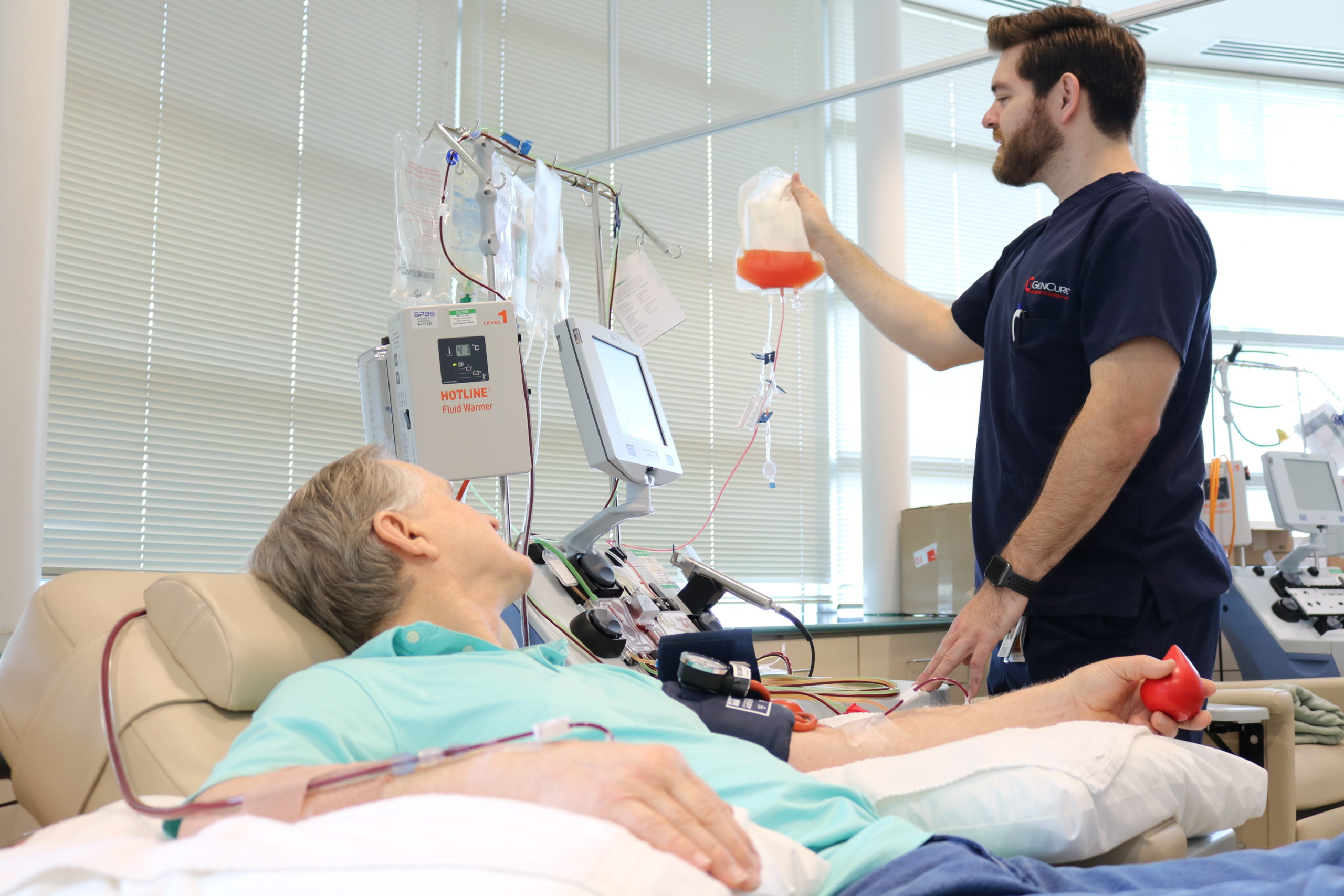South Texas Blood & Tissue is part of a national study to help improve healthcare for all Americans and soon will begin adding study participants from the area, the Senior Director of the Center for Advanced Therapies told members of The Blood & Tissue Center Foundation board of directors at their second quarterly meeting of 2022.
Vivienne Marshall, PhD also told board members about the center’s research donor database and a new agreement with the Children’s Hospital of San Antonio to collect peripheral blood stem cells for pediatric blood cancer patients.
South Texas Blood & Tissue, through its Center for Advanced Therapies, is part of the efforts to add at least 1 million people to the All of Us study, which will collect long-term data and use it to help target healthcare.
It is one of a number of projects the organization is supporting through its new donor registry. Anyone who joins the registry could be contacted about donating blood or other types of blood cells needed for research into new therapies.
“The All of Us program is designed to look at the influences of environment, lifestyle, genetics and family health history on health status going forward over time,” Marshall said. “People would join and would be sent different surveys to update over 10, 15, maybe 20 years.”
Study participants would register through a link from South Texas Blood & Tissue and come to the Center for Advanced Therapies to give a blood sample. Long-term follow-up would be via email.
Multiple organizations are involved in the All of Us study, which is led by the federal National Institutes of Health, Marshall said. Vanderbilt University is the program’s data and research center, with a biobank and testing done at the Mayo Clinic. Multiple healthcare organizations, from Stanford University to Veterans Administration, are involved, as are blood centers and businesses like Walgreens.
“We’re part of a prestigious group of organizations across the country working on this study,” she said.
Adding participants from South Texas is particularly significant, Marshall said.
“It’s important for us to represent our diversity in this part of the country,” she said. “We don’t want new drugs or medical treatments to be developed that only cater to the majority. We would like to see our minority population fully involved in the process.”


